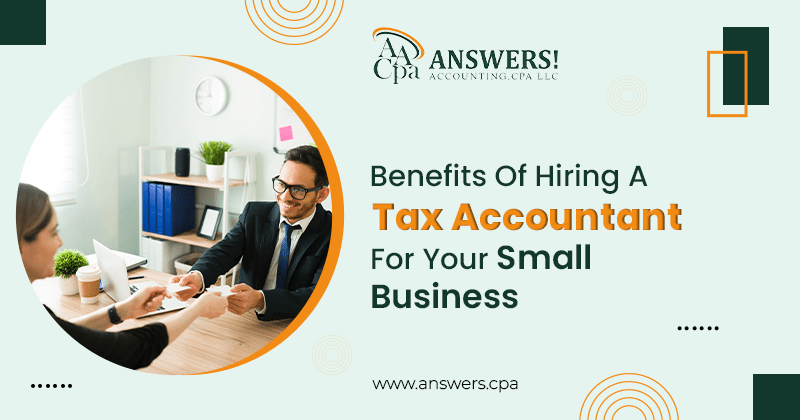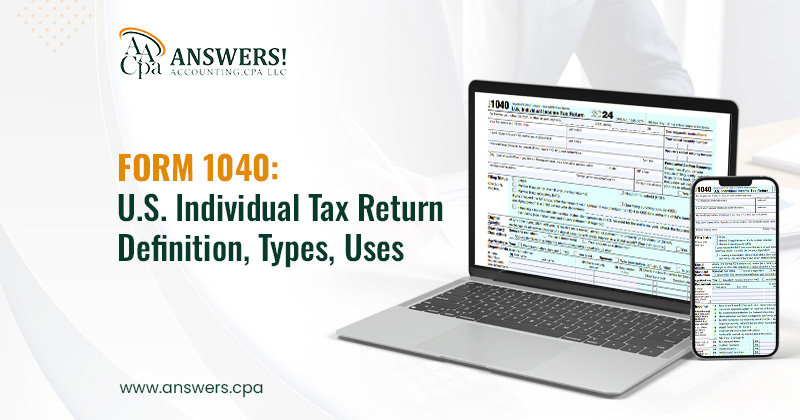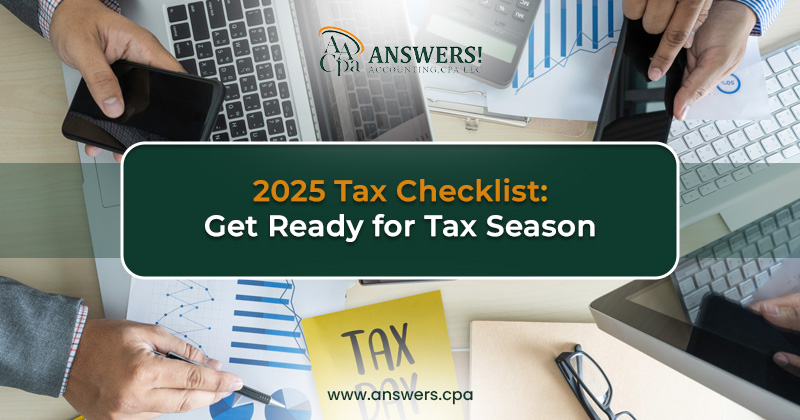7 Benefits of Hiring a Tax Accountant for Your Small and Mid Business
Running a small business often means navigating the complexities of the IRS. If you're new to this or facing complicated tax issues, it can feel daunting. Understanding all the rules and regulations can be overwhelming, leading many small business owners to overpay due to a lack of understanding. Hiring an accountant can provide peace of mind, allowing you to focus on your business instead of worrying about taxes and deductions.
1- The right tax accountant can save you time and money
You may be wondering what the benefits of hiring a tax accountant are, especially if you already have an accountant. The answer is simple: the right tax accountant can save you time and money.
Tax accountants can help you avoid mistakes by making sure that all your business records are up-to-date and accurate. They'll also be able to explain any new legislation or regulations that affect your business in plain English so that it's easy for everyone to include them! Having a professional with experience dealing with complex issues will ensure fewer errors than if someone not familiar with those areas was doing it on their own.
There are many other benefits to hiring a tax accountant. One of the most important is that they can help you save money on taxes by finding deductions and credits that you might not have known about. If your business has employees, another benefit is that they can prepare a payroll for you so that you don't have to do it yourself.
2- A professional tax accountant will help you set up your business correctly
They understand the rules and regulations, which is what makes them so valuable when it comes to helping small businesses understand their financial transactions. This is especially important if they’re not familiar with the company or industry that they’re working with. A good accountant will also help guide you through this process by explaining how everything works together so that all of your finances are in order and working as expected.
If a business owner doesn't know where to start when it comes time to file taxes, hiring an accountant can be helpful because they'll help guide them through every step of the of depending on figuring out how much income tax should be paid each year based on certain things like wages earned during certain months (which depend on whether there has been vacation time taken during those months), then determining what depends need made from those wages before sending off forms electronically instead of physically writing them out on paper--which saves money because paper needs printing costs associated with producing copies instead just sending documents electronically via faxes/copies sent via email attachments--and then finally generating forms such as W2s which include information about employees' paychecks along with any deductions made such as 401k contributions within 10 days after receiving payment regardless whether payments were made electronically through direct deposit accounts into bank accounts held by employers themselves instead having funds deposited directly into trust accounts managed by companies.
Read This:-How to Deduct the Cost of Thinking about Starting a New Business?
3- A tax expert will keep you on the right path when taxes are due
A good tax expert will keep you on the right path when taxes are due. Tax experts can help you understand the tax code, how it applies to your business, and how to prepare your taxes. They'll also walk you through filing your return, which includes understanding depreciation and other deductions for both large and small businesses.
Tax experts can also help with the complex process of filing taxes for your business, which includes understanding how to deduct expenses and whether certain types of income qualify as business or personal. They'll be able to provide you with guidance on what deductions are legitimate and which ones will get you in trouble.
Tax experts are also a great resource for helping you learn about tax breaks and credits available to small businesses. They'll be able to help you understand which ones apply to your business and how to claim them on your return. Tax experts will also be able to walk you through the process of filing returns on time, which can be confusing if you're not familiar with it.
4- An accountant handles complex tax rules, so you don't have to.
If you're not sure of the rules, an accountant can help. They're trained to help with complicated tax rules, so you don't have to be. An accountant is also trained to understand your business and what goals it should have. They'll look at all the different aspects of running a small business, including things like cost control and employee compensation policies—things that may be more complex than they appear on the surface when trying them out for yourself or as part of an off-site meeting with your employees.
An accountant is also trained to look at your business through the lens of the tax code. They'll be able to tell you if you're doing things that will save money, or if they're costing you more than they should. They can help explain things like depreciation and other methods of accounting for assets that aren't necessarily intuitive.
Finally, an accountant is trained in how to make your business more efficient. They'll be able to tell you if there are ways you could save money on office supplies or equipment. They can help you understand which things are worth spending money on and which aren't.
5- An accountant prevents tax issues by predicting and handling expenses.
Read This:-What is The Best Tax Planning Method?
An accountant can help you avoid tax penalties, IRS audits, and even criminal investigations by anticipating future expenses. For example, an accountant may be able to help you set aside money in a fund for future business needs so that it is not taxed when it is earned or spent. This could include employee benefits such as health insurance or retirement plans.
An accountant's expertise also extends to helping clients determine how they should report their income taxes on the specific items they sell each year and where they should place them within their overall business structure (i.e., corporation vs partnership).
Accountants also provide valuable advice on how to structure your business for maximum tax benefits. For example, if you are a sole proprietor and plan to hire employees, an accountant will be able to help you determine which type of business entity will allow you the most flexibility and protection from liability in case something goes wrong.
An accountant will help you understand your financial transactions and what they mean about the IRS's 20+ requirements and regulations.
6- An accountant will help you set up your business correctly, including:
• Setting up bank accounts for your business.
• Opening a checking account for payroll, taxes, and other expenditures.
• Using QuickBooks as a payroll management system (if possible).
• Keeping track of all expenses from day one by using QuickBooks or another software program such as Sage 50 Accounts Payable Manager (APM).
7- An accountant helps small business owners handle the IRS smoothly
As tax accountants are experts in tax law, they can help you avoid potential problems and understand your financial transactions and what they mean about the IRS's 20+ requirements and regulations. They also offer guidance on how to make sure that all required forms are filed correctly, which gives you more time to focus on growing your business rather than worrying about filing taxes manually or having them done by someone else who may not be familiar with all required forms.
An accountant can also help you save money on taxes by taking advantage of deductions and credits that you may not be aware of. They can advise you on how to lower your tax bill while still adhering to IRS regulations. Having an expert on your side is a great way to feel confident about filing for small business owners who are just starting or those with more complex financial situations.
For example, an accountant can help you understand the differences between sole proprietors and corporations. They can also help you determine if forming an LLC may be the best option for your business. An accountant will also be able to provide advice on things like retirement plans or how to handle employee taxes correctly.
Conclusion
We hope that this has given you some insight into the benefits of hiring a tax accountant for your business. The best part about it all is that you don’t need to spend hours and hours looking at IRS forms, learning how to fill them out yourself, and then trying to decipher all the information so that you can file correctly. An accountant will do this all for you!








